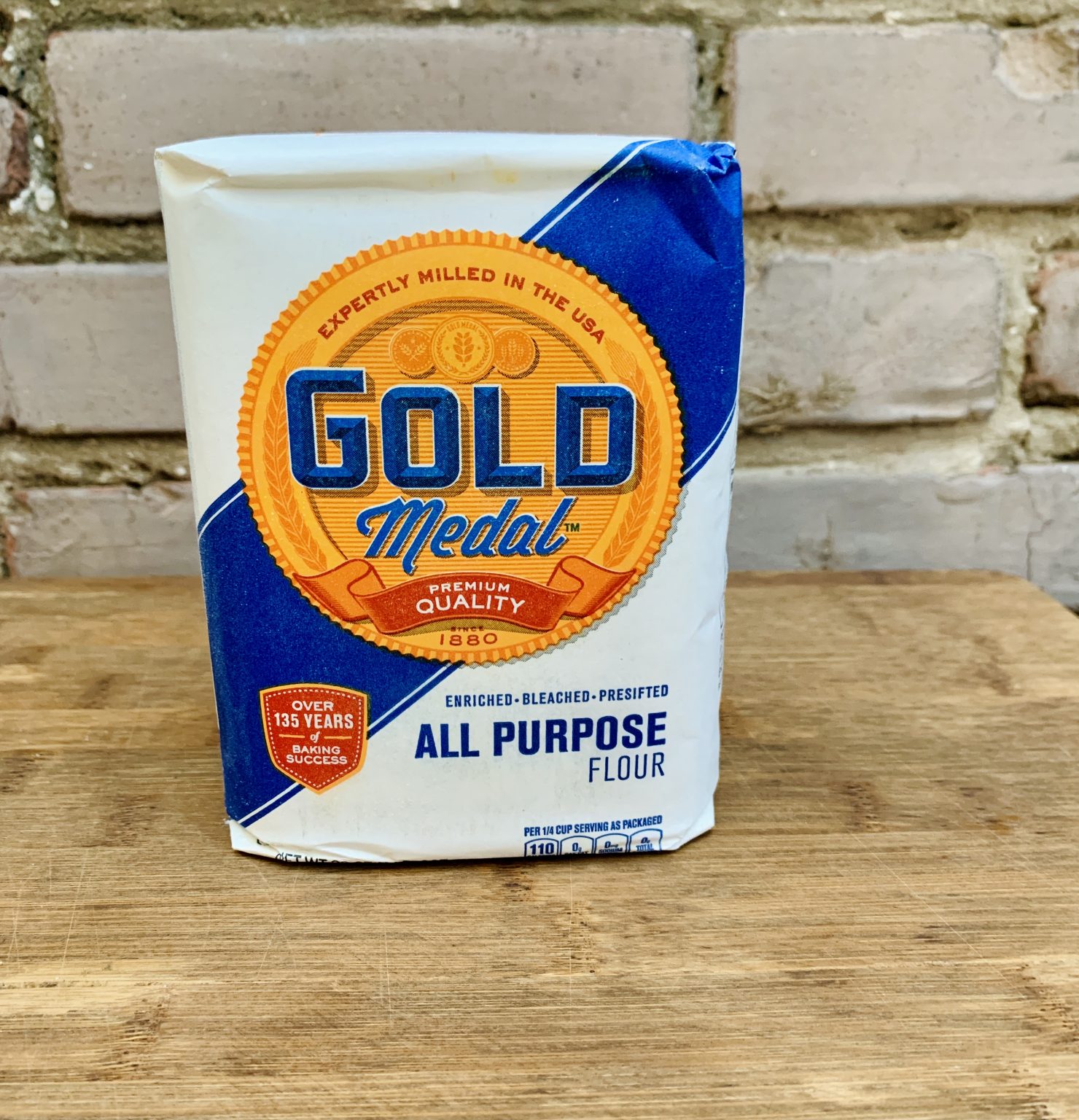Flour Bag Sizes: A Comprehensive Guide to Choosing the Right One
Flour is a kitchen staple used in a wide variety of recipes, from baking to cooking. When shopping for flour, one crucial factor to consider is the size of the flour bag. Whether you're a home baker or a professional chef, selecting the appropriate flour bag size can make a significant difference in your culinary endeavors. In this article, we'll explore everything you need to know about flour bag sizes.
1. Understanding Flour Bag Sizing
Before diving into the specifics, it's essential to understand how flour bag sizes are typically labeled. Flour bag sizes are commonly measured in pounds (lb) or kilograms (kg).
The size designation indicates the net weight of the flour inside the bag. For example, a "5 lb bag of flour" contains five pounds of flour.

flour bag sizes
2. Common Flour Bag Sizes
Flour is available in various bag sizes to accommodate different needs. Here are some of the most common flour bag sizes you'll encounter:
A. 1. 2 lb Bag:
A 2 lb bag of flour is relatively small and suitable for occasional home bakers who don't require large quantities.
B. 2. 5 lb Bag:
The 5 lb bag is a popular choice among home bakers and is ideal for making a variety of recipes, including cookies, pancakes, and small batches of bread.
C. 3. 10 lb Bag:
A 10 lb bag of flour is suitable for those who bake frequently or for larger households. It provides a cost-effective option for buying in bulk.
D. 4. 25 lb Bag:
This size is often favored by professional bakers and culinary establishments. It offers substantial quantities for commercial use.
E. 5. 50 lb Bag:
The 50 lb bag is typically used in industrial or commercial settings, such as bakeries, restaurants, and food production facilities.
3. Choosing the Right Flour Bag Size
Selecting the appropriate flour bag size depends on several factors:
3.1 Frequency of Baking:
Home bakers who bake occasionally may opt for smaller bag sizes like 2 or 5 lbs. Frequent bakers or those who run a small bakery business might prefer 10 or 25 lb bags.
3.2 Storage Space:
Consider the storage space available in your kitchen or pantry. Larger bags require more storage space, so choose a size that fits comfortably.
3.3 Cost Efficiency:
Purchasing flour in bulk (e.g., 10 or 25 lb bags) can be more cost-effective in the long run, as the price per pound is often lower than with smaller bags.
3.4 Freshness:
If you don't use flour frequently, opt for smaller bags to ensure your flour remains fresh. Flour can lose quality over time if not stored properly.
3.5 Specific Recipes:
Consider the recipes you commonly prepare. Some recipes may require larger quantities of flour, while others may only need a small amount.

flour bag sizes
4. Storage Tips for Flour
Regardless of the bag size you choose, proper storage is essential to maintain the freshness and quality of your flour:
Store flour in an airtight container or resealable bag to prevent moisture and pests from affecting it.
Keep flour in a cool, dry place away from direct sunlight.
Check the bag for any specific storage instructions provided by the manufacturer.
The right flour bag size can streamline your cooking and baking experience. By understanding your needs, frequency of use, and available storage space, you can make an informed decision when selecting the ideal flour bag size for your culinary adventures. Whether you're a novice home baker or a seasoned chef, having the right amount of flour on hand is key to creating delicious dishes and baked goods.